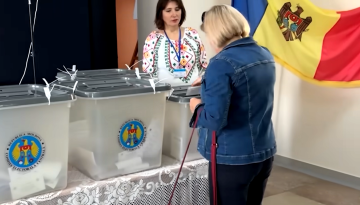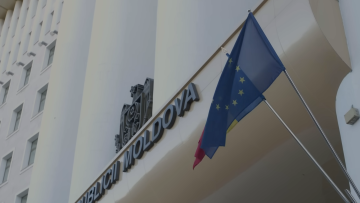Despite Russia's extensive interference and its agents, Sandu won the second round of the elections, surpassing her pro-Russian opponent Alexander Stoianoglo by more than 180,000 votes.
According to The Conversation, the Central Electoral Commission published preliminary results indicating that Sandu received 55% of the voter support. The backing of the Moldovan diaspora, mainly residing in Western Europe and North America, proved particularly significant. Approximately 270,000 votes were cast for Sandu from abroad.

At the same time, within Moldova, her support was concentrated in the capital and central regions, while pro-Russian sentiments were stronger in the northern and southern parts of the country. Experts note that Sandu's victory marks a significant step towards European integration.
However, Sandu will face serious challenges. Her victory does not overshadow the issues that exist within the country. The divide between pro-Russian and pro-European forces remains, and a substantial portion of voters in the southern and northern regions support Russia. Even in Chisinau, where Sandu garnered 57% of the votes, pro-Russian sentiments persist.

Sandu's win in the presidential elections is a definite success, but it does not guarantee a favorable outcome in the parliamentary elections of 2025. There is a possibility that Sandu will have to coexist with a government led by socialists, which could slow down the processes of Euro-integration. However, Sandu's victory also sends a signal that Russian interference has its limits, and a significant part of the Moldovan electorate wishes to see their country as part of the European community.
Source: The Conversation
Elections in Moldova: The diaspora gifted victory to Sandu, voting results